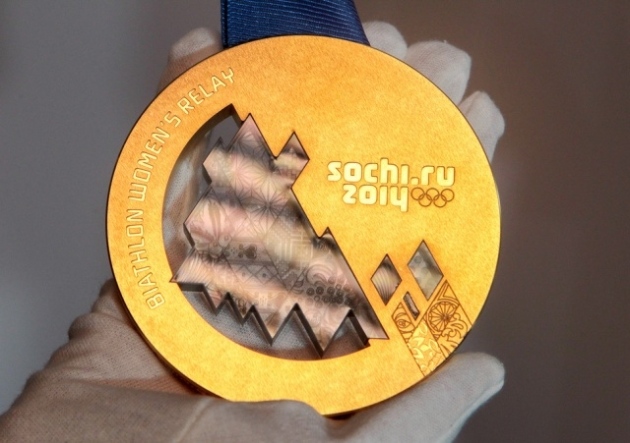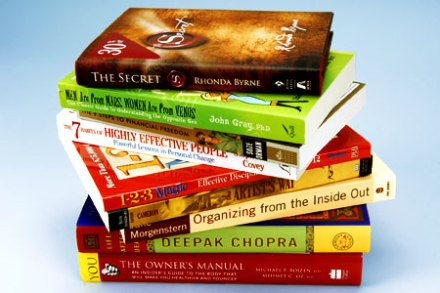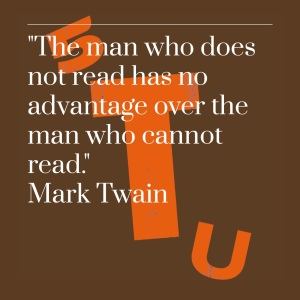Were you an avid watcher of the Sochi Olympics? If so, what were your thoughts about the games? Did you find this year’s Winter Olympics the best and most exciting thus far? I personally wasn’t an avid viewer of this year’s Olympics, but I did pitch in to some of the games and rooted strongly for the teams I supported. Otherwise, the only contact I had with the Sochi Olympics was through scrolling down my social media platforms and reading the titles of articles popping up on my newsfeed.
The final closing of the Sochi Olympics ended with the thundering spectacle of Russia’s glorious history. It boasted its national pride. It celebrated the champions, and congratulated the participants in a final boom. Furthermore, with the closing of the ceremony, the game has left athletes with either gold, silver, bronze, or other less precious medals. That also means that it has closed its curtains with fans either praising their country’s athletes and teams, or patting their players on the back and thanking them for their great sportsmanship.
Whatever the case, I think there is no better way to understand the value of the gold medal as demonstrated through the Olympics. For many of us, success or at least the sound of success (the one that sounds like a boom of explosion, with firecrackers bursting in the night sky, sparkling show lights, and the sound of cheers… I would imagine) comes in rather an ironic silence. It may come like a thief, silently and without being seen or heard, perhaps when you are busy maintaining that successful status. Yet, in an arena resembling a coliseum of people cheering and hooting for players who have waited and trained diligently for four years, success is visible and it is on the spot.
It’s going to be hard to argue that gold doesn’t matter. Most athletes that participate in the Olympics are there to win gold, even if they know they won’t be the ones going home with that medal hanging on their neck. But when these athletes are training, they envision that moment of standing on the highest podium, smiling and making their country proud.
But there is something interesting when each game ends. When their country’s team does not win, but their players have demonstrated exceptional sportsmanship and hard work, the often said words are: “It’s not about the Gold.”
But, does gold matter?
It probably does, doesn’t it. If it’s not about the gold, then what is all the hard work about? If the dream you envision, the one that was about that shining gold around your neck, doesn’t come true, was that a dream not worth having dreamt in the first place?
But, is it all about the gold?
The answer is no.
No, because even though gold does matter, it isn’t everything. No, because even if one’s goal was to achieve that gold medal, they have earned something exquisitely profound and invaluable that a gold medal would not have given. No, because even if the winners say that the world only remembers the ones that win the gold, people are moved by those who have a golden heart and shine because of their genuine hard work and a battle won against their limits.
Apply that gold medal to the silent victory in our everyday lives, among the people who don’t have the arena to hear the applause that they deserve. What does it mean to be the first and the best at what you do? And more importantly, how does the Bible teach us to understand success. Does it only prize the first and the best in class?
The Bible defines success in many ways, but one way it doesn’t is: one big bang with explosions in the air and a thrilling round of applause.
Rather, much like the response of many people all over the world who congratulated the Olympic players for their participation, hard work, and genuine sportsmanship, the Bible too resonates a message similar: “It’s not about the Gold”. There is something more, something more valuable.
It is the good well-played game, the fair play, the hard work and the payoff of it all. It is the thanking of the people who believed in the players who at times wanted to give up. It is the competing against the odds, playing in advantageous and even in disadvantageous situations. It is creating, for the next generation, a story of a person who had to beat all odds to make it to where they have. It is the lesson of challenging and trusting.
Though we don’t have every four years to test how much we have come, or the chance to visibly see and feel a glimpse of the so-called success, we go through a similar journey everyday. How much are we participating in this life? How fair are our fruits of success? Have we earned them with honesty and hard work? Did we put our complete trust in God with all that we do, so that even through our success and failure, we never forget why we do what we do? And have we remained steady in our faith, not losing hope in God every time we stumble on an obstacle?
Sochi is over, but not our game of life. Our gold medal lies not in the worldly signs of success but further:
“For the pagans run after all these things, and your heavenly Father knows that you need them. But seek first his kingdom and his righteousness, and all these things will be given to you as well.” (Matthew 6:32-33)


 Wise words from Mr. Twain. There is no advantage over the ones who don’t have if the ones who do, do not make some use of what they have. I doubt there is a single person in this world who was born without a single gift to make themselves useful, not only for their own lives but for others. There is that common argument lazy students often give: “I’m not stupid. I’m probably smarter than all of you in this class, but the only reason why I’m failing is because I don’t try. Not because I’m stupid.” Wise words for a young child, but oh so wrong in several ways!
Wise words from Mr. Twain. There is no advantage over the ones who don’t have if the ones who do, do not make some use of what they have. I doubt there is a single person in this world who was born without a single gift to make themselves useful, not only for their own lives but for others. There is that common argument lazy students often give: “I’m not stupid. I’m probably smarter than all of you in this class, but the only reason why I’m failing is because I don’t try. Not because I’m stupid.” Wise words for a young child, but oh so wrong in several ways!
